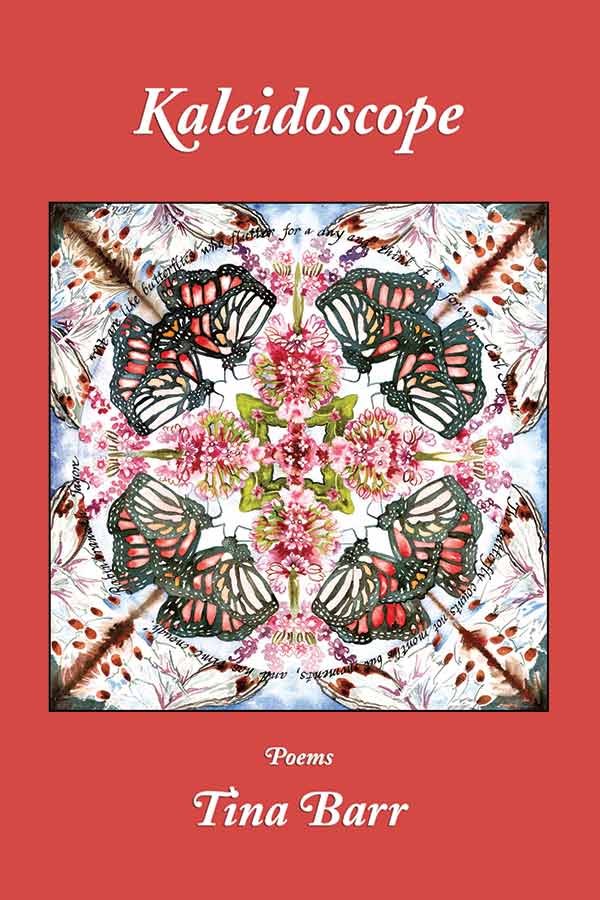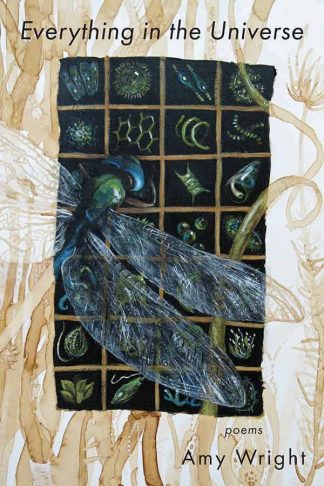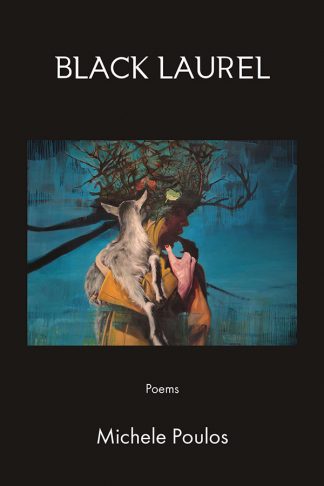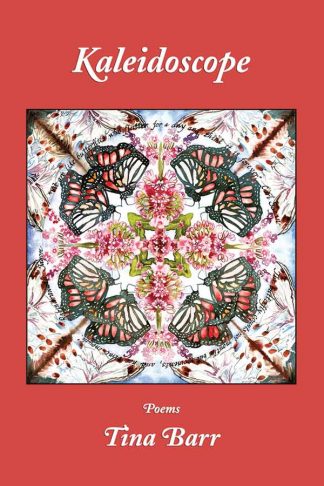Description
In her new book, Kaleidoscope, as in her other books of poems, Barr is concerned with acts of perception. In Kaleidoscope, Barr’s poems reconfigure smaller and larger worlds in the way multiples in a kaleidoscope shift and reform patterns. The kaleidoscope is both a spyglass and a turning wheel. Inside these poems a cabdriver in Cairo paints his steering wheel with words from the Koran; a girl’s barrette evokes the idea of the wheel’s origins; and Buddhist sand paintings reproduce the wheel of the universe. The poems’ subjects range across time and geographies, in settings across the South to the Middle East. Their dense iconography incorporates subjects ranging from jazz to bird life to pawn shops, Henry Darger’s watercolors to the conflict between Tutsi and Hutu. These poems assemble, juxtapose and question relationships, from the troubled to the redemptive, between self and other, within family as well as within the larger human experience.
Praise for Kaleidoscope
Tina Barr’s fascinating new volume of poems, Kaleidoscope, is a dazzle of worlds within worlds, words within words, the tessellated, often hallucinatory, vortices of memory, the “fairy tale,” as Barr’s speaker puts it, “from which we never wake.” These poems, invariably elegiac, by turns narrative and impressionistic, are in the vein of a kaleidoscope—indeed the volume’s controlling metaphor. Barr’s language, truly, is kaleidoscopic: prismatic, bursting repeatedly into light and excelsior, skewing and enhancing one’s vision at once, as if we’re in the poet’s cortex with her, wondering: could this have really happened? Put your eye to the portal: the tiny mirrors, chips and fragments of recollection. Everything fits inside the cylinder and takes on an often mind-bending symmetry. Inside this book, this kaleidoscope, Tina Barr has packed a life and everything that has intersected with it. You’ll never return. This is a poet at the height of her powers.
—Joseph Bathanti
Tina Barr’s aptly named Kaleidoscope is full of surprise. Like the instrument from which the collection takes its title and the trope to which it often returns, Barr’s poems shape-shift as you read them, appearing to be assembling one idea or image before, all of a sudden, yanking it from view and presenting in its place something far stranger. As in her earlier collections, Barr’s poems unfold at times in seemingly naturalistic fashion, the poet cataloguing what enters her view in the present or in memory. Yet the images that populate Barr’s poems often veer toward the visceral and the surreal, her diction is an engine of apparently endless invention, and her vision is wide-ranging. Including poems set in locales from Tennessee to Egypt, poems that speak of violation or meditate on the paintings of intuitive artist Henry Darger, Kaleidoscope is a radiant collection by a poet for whom, “in the act of seeing,” one is “never beside a loss but within” it.
—Shara McCallum
Kaleidoscope, Tina Barr’s new book, is aptly named, for here, in a riot of color, turn the bits and pieces of the world. A feast of shapes and glitter. Oh, and sounds too. The jays, robins, and cardinals of Tennessee singing accompaniment to the cacophony of the bazaar, the muezzin, and the feet of the Nuo dancers who have been dancing for two-thousand years. Barr has created a world filled with movement, shimmer, and sound. Even the bubbles in the tub “sparkle and hiss.”
—Alice Friman




